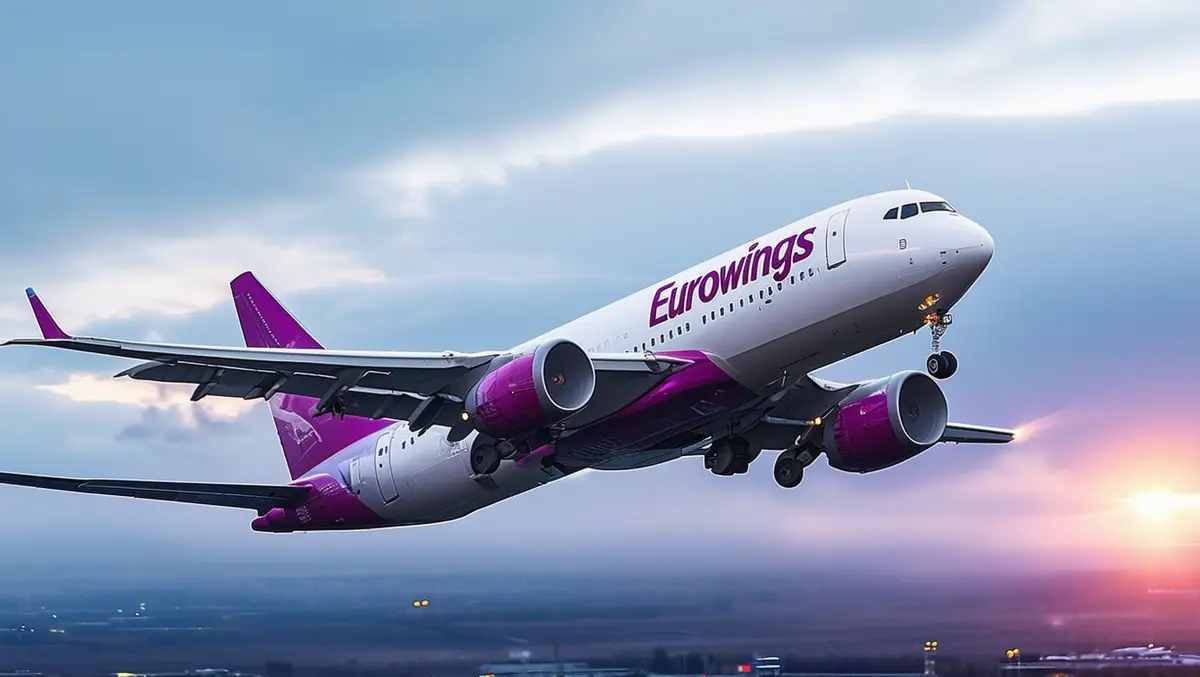
Eurowings pioneers AI-powered assistant to enhance operations
Eurowings has become the first airline to implement a new AI-powered operations control assistant, as announced by Lufthansa Systems. The AI assistant, named NetLine/Ops ++ aiOCC, is designed to enhance the stability and efficiency of daily airline operations. It is integrated into the NetLine/Ops ++, the next-generation operations control system from Lufthansa Systems. This innovative tool has been operational at the Eurowings operations control centre (OCC) in Cologne since 2023.
The AI assistant is grounded in Reinforcement Learning, a type of machine learning that enables it to react to existing disruptions by proposing mitigation actions and suggesting preventive measures to avert disruptions before they even occur. It analyses historical data and monitors events related to aircraft, rotations, passengers, and crews simultaneously to identify potential delays ahead of time. Based on this analysis, it generates real-time recommendations to improve operations, providing operations controllers with detailed information on the impact of the suggested solutions.
The decision-making process remains firmly in the hands of the operations controllers, who assess the AI-generated suggestions before implementation. Even without visible delays, the system can recommend improvements, particularly beneficial during the morning when there is more room for maneuvering. For instance, the AI might suggest swapping flight legs between aircraft to reduce the propagated delay, thereby improving punctuality and increasing buffer times to stabilise schedules further. Controllers can accept or reject these recommendations, and all feedback is used to refine the AI continuously.
Jan-Peter Gaense, Head of NetLine at Lufthansa Systems, expressed his satisfaction with Eurowings' involvement from the project's inception. "The professional input from their operations controllers was crucial in developing the smart assistant," he stated. Gaense emphasized the potential of the AI assistant to reduce costs associated with irregularities, highlighting the complementary strengths of AI technology and human expertise in bolstering operational stability.
Airline operations controllers face the daily challenge of making numerous complex decisions, often under tight time constraints, to mitigate the impacts of unforeseen events like adverse weather or strikes, which can be costly to airlines. The integration of the AI assistant aims to ease this burden by providing prompt, data-driven recommendations that enhance operational efficiency.
Lufthansa Systems has positioned itself as a leading player in airline IT solutions, leveraging decades of industry know-how and technological expertise. The company strives to innovate and offer cutting-edge tools that address the evolving needs of the aviation sector. By integrating AI into their operations control systems, Lufthansa Systems aims to provide airlines with tools to enhance decision-making processes, thereby improving overall service reliability and customer satisfaction.
Eurowings, a subsidiary of the Lufthansa Group, operates as a value carrier for both leisure and business travellers, distinguishing itself from ultra-low-cost carriers by offering a range of flexible booking options and customer-friendly services. With a fleet of around 100 aircraft and over 5,000 employees, Eurowings flies to approximately 150 destinations within Europe, supported by 13 international bases, including a major presence in Mallorca. The collaboration with Lufthansa Systems on the AI assistant underscores Eurowings' commitment to leveraging technological advancements to optimise their operations and provide a better experience for their passengers.
The introduction of NetLine/Ops ++ aiOCC marks a significant step forward in the use of artificial intelligence in airline operations, promising to enhance efficiency and reduce costs associated with operational disruptions. Both Lufthansa Systems and Eurowings see this development as a milestone in fostering a more resilient and agile operational framework, ultimately benefiting both the airline and its customers.


